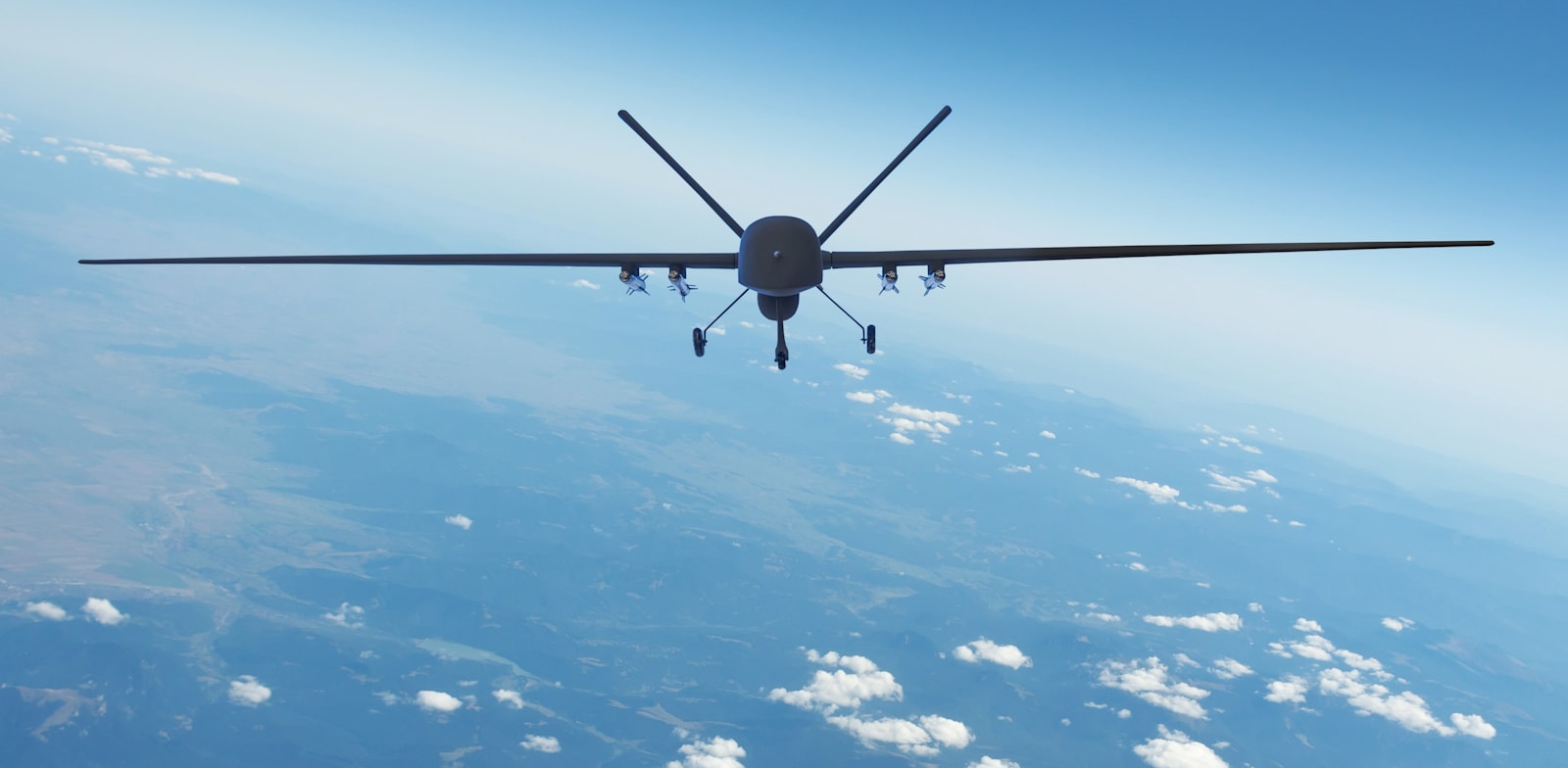
UAE’s Engagement with China: Exploring Implications for Global Military Alliances and Arms Control
A week ago, a significant event occurred at the port of Joya Tauro when six containers from China were opened, revealing Wing Long II model unmanned aerial vehicles. The drones are 10 meters long, have a wingspan of about 20 meters, and weigh 3 tons. They were disguised as wind turbine components and arrived on the ship MSC Arina with two operating stations included.
The plan was for the drones to be smuggled to Benghazi, Libya from Italy by skipping re-exporting. However, the Italian authorities, tipped off by American intelligence, intercepted the shipment. This capture followed the arrest of two Libyan citizens in Canada in April for attempting to purchase Chinese drones in exchange for Libyan oil. Wing Long II drones are used by advanced militaries like Saudi Arabia and the United Arab Emirates, where leader Mohammed bin Zayed has shown interest in advancing relations with China.
In recent months, the UAE has engaged with China more due to a stalled F-35 deal with the US. A meeting between UAE and Chinese military leaders hints at potential cooperation on China’s Chengdu J-20 fighter jet. This continued relationship between the UAE and China raises questions about shifts in global military alliances.
The interception of the drones and the larger trend of UAE-China military cooperation highlight a complex geopolitical landscape where traditional alliances may be evolving. The Italian authorities’ success in halting the drone shipment suggests a growing need for international cooperation to monitor and regulate weapons transfers.
However, this is not new as countries have always been involved in arms trading activities that violate international laws and norms. In this case, it was an attempt to circumvent a UN embargo on Libya.
The UAE’s increased engagement with China is not surprising given its strategic location at the crossroads of trade routes connecting Asia and Africa. Moreover, its close ties with Israel make it an attractive ally for countries like China seeking closer relations with Israel.
The trend towards increased cooperation between advanced militaries also highlights growing concerns about arms races and nuclear proliferation.
In conclusion, while traditional alliances may be evolving in response to changing global circumstances such as economic ties or political developments such as Iranian aggression towards neighboring states like Saudi Arabia or Yemeni civil war caused by Houthi rebels supported by Iranians.
Therefore, there is an urgent need for international cooperation to monitor and regulate weapons transfers while promoting peace and stability in volatile regions around the world.

